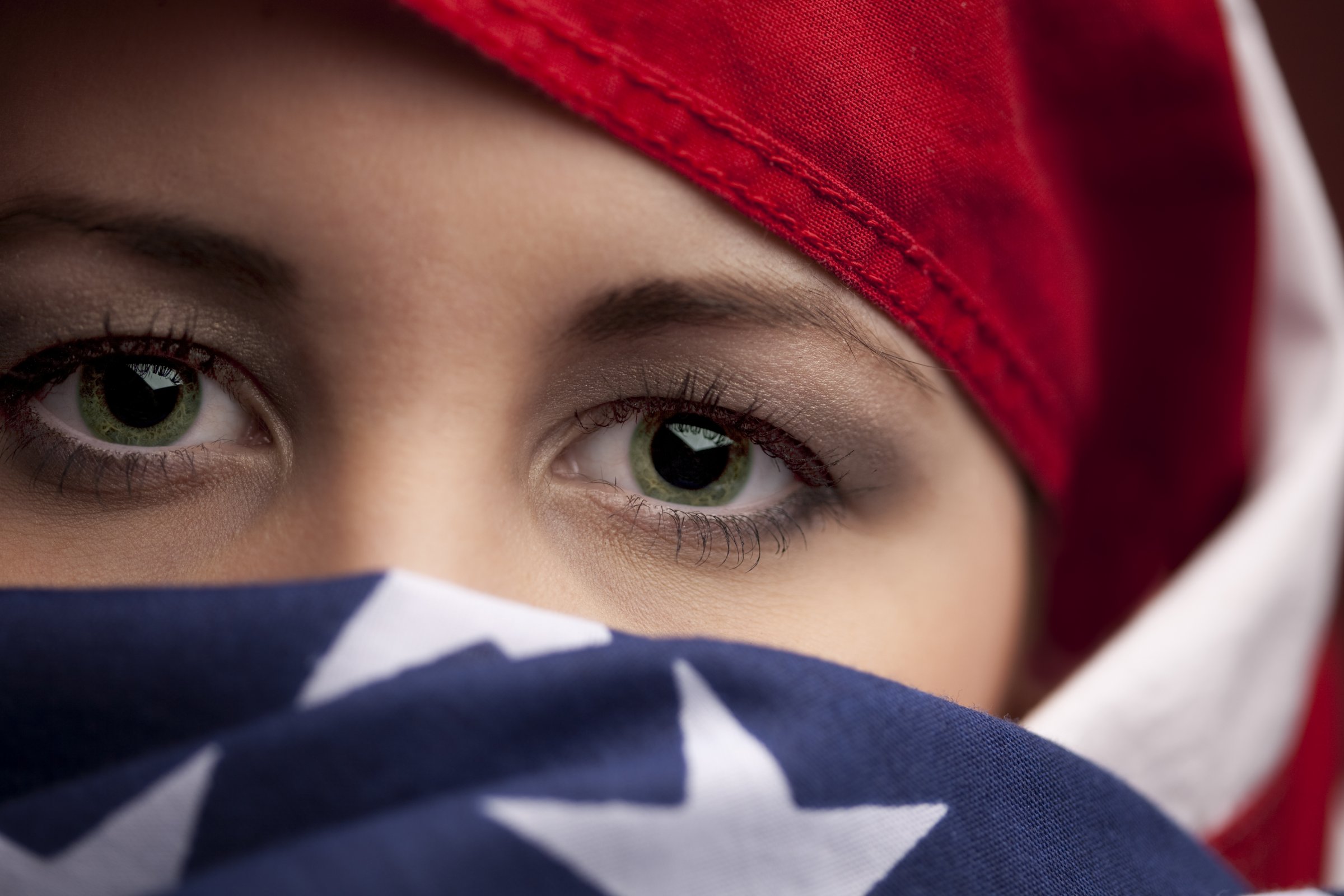
American Muslims have lost control of their narratives both online and in the media. While violent Islamic extremists have grown increasingly adept at using social media to craft their messages – as have anti-Muslim activists – more normative voices from Muslims have been drowned out.
This lack of control over self-articulated narratives was exemplified yesterday with the announcement of ABC Family’s new pilot programs, which include a show that got the attention of Arab and Muslim Americans across social media. One such pilot, “Alice in Arabia” — a title cringe-worthy in itself — has been described as follows:
Alice in Arabia” is a high-stakes drama series about a rebellious American teenage girl who, after tragedy befalls her parents, is unknowingly kidnapped by her extended family, who are Saudi Arabian. Alice finds herself a stranger in a new world but is intrigued by its offerings and people, whom she finds surprisingly diverse in their views on the world and her situation. Now a virtual prisoner in her grandfather’s royal compound, Alice must count on her independent spirit and wit to find a way to return home while surviving life behind the veil.”
The Twittersphere exploded with the hashtag #AliceinArabia, as people tweeted their offense to ABC Family. The criticisms are plentiful and varied.
The show reinforces old racist tropes in which an American girl (presumably a white girl) is threatened by scary “other” people of color – considering the sordid history of Americans vilifying Native American men and then black men as dangerous to white women, a completely understandable objection. The entire framework of the show is through the kidnap plotline, confirming the kinds of fears about Arabs and Muslims the movie “Not Without My Daughter” established decades ago.
The show certainly pits Americans against “Arabians” (tweeters pointed out “Arabia” is not actually a place), and we can assume the “independent spirit and wit” of Alice the American will prevail as triumphant over the lesser evolved Arabians. Thus the plot both bolsters the highly troublesome binary of us vs. them (Muslims being them), a factor linked to the growth of anti-Muslim bigotry and hate crimes in the US since 9/11, and confirms American superiority.
But wait, there’s more. Not only will “Alice in Arabia” exacerbate the marginalization of Muslim and Arab men, it perfectly reflects Western attitudes towards Muslim women. Hear that sound? It’s millions of Muslim women snorting as Alice attempts to survive “life behind the veil.” The very idea that the veil is something to be survived strips Muslim women of their intellect and agency and makes them the subjects of this practice rather than sentient protagonists of it.
The pilot also uses the real-life difficulties faced by women in the Kingdom of Saudi Arabia as a platform for ratings, and diminishes the work of activists in and outside the country to effect meaningful reform. An imported heroine, who is both the victim and the great white hope, not only smacks of Orientalism but frames serious issues through her narrative alone. In doing so, it reaffirms the fact that overwhelmingly the stories in the West of Muslims and Arabs are not actually being told by Muslims and Arabs.
The challenges of Muslims in the West are many, but there is no question that having control over our narratives and the messages about our faith are paramount. These narratives shape public opinion, impact civil liberties, and even influence our foreign policy. In failing to self-define ourselves, our culture and our faith we lose authority both to religious extremists and anti-Muslim bigots.
It can only be hoped that ABC Family and other media outlets are paying attention. The American Muslim community is ripe with talent and voices who can actually tell these stories in relevant, meaningful, and authentic ways. Portraying Muslims and Arabs as nuanced Americans instead of foreign caricatures would be a good first step for television. Instead of reaching across the globe for “Alice in Arabia,” perhaps we should start here at home with “Ahmed in Austin”.
More Must-Reads from TIME
- Why Trump’s Message Worked on Latino Men
- What Trump’s Win Could Mean for Housing
- The 100 Must-Read Books of 2024
- Sleep Doctors Share the 1 Tip That’s Changed Their Lives
- Column: Let’s Bring Back Romance
- What It’s Like to Have Long COVID As a Kid
- FX’s Say Nothing Is the Must-Watch Political Thriller of 2024
- Merle Bombardieri Is Helping People Make the Baby Decision
Contact us at letters@time.com